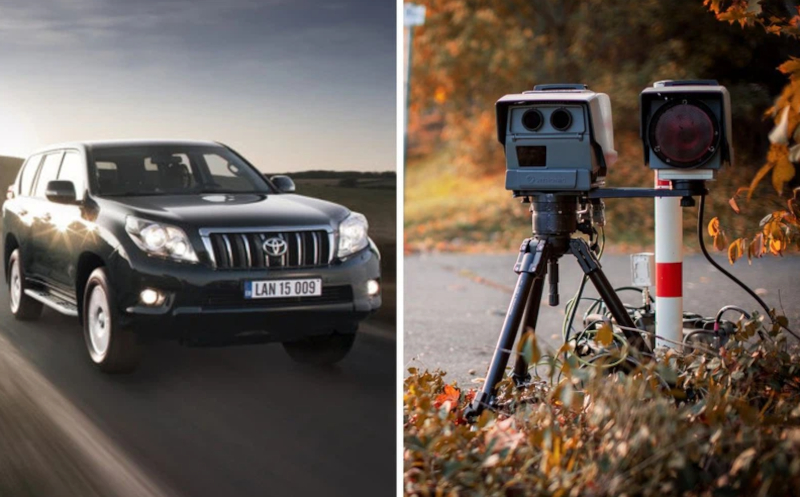
The psychology of speeding: Why we can’t resist
Exploring the psychological factors behind why people drive fast, from thrill-seeking to overconfidence and emotional states.

The psychology behind why we drive fast, for many drivers, the allure of pushing the pedal to the metal and experiencing the thrill of high-speed driving is hard to resist.
FOR THE LATEST MOTORING NEWS, BOOKMARK THE SAPEOPLE WEBSITE
But what is it about speeding that draws people in?
Let’s explore the psychology behind why we drive fast and the factors that contribute to this risky behaviour.
THE THRILL OF SPEED AND ADRENALINE RUSH
One of the primary reasons people drive fast is the adrenaline rush and the thrill that comes with it.
The sensation of accelerating quickly and pushing a vehicle to its limits can be exhilarating, providing a sense of excitement and freedom.
This thrill-seeking behaviour is often associated with the release of dopamine, a neurotransmitter linked to pleasure and reward.
OVERCONFIDENCE AND THE ILLUSION OF CONTROL
Another psychological factor that contributes to speeding is overconfidence in one’s driving abilities.
Many drivers believe they possess superior skills that allow them to handle high speeds safely.
This illusion of control can lead to underestimating the risks associated with speeding, such as increased stopping distances and reduced reaction times.
PEER PRESSURE AND SOCIAL INFLUENCE
Peer pressure and social influence can also play a role in why people drive fast, especially among young drivers. The desire to impress friends or fit in with a group can lead to riskier driving behaviours, including speeding.
Additionally, being surrounded by other drivers who are speeding can create a sense of normalcy and encourage individuals to match their speed.
EMOTIONAL STATES AND STRESS
Emotional states, such as anger, frustration, or stress, can contribute to aggressive driving and speeding.
When faced with traffic congestion, running late, or experiencing road rage, some drivers may resort to speeding as a way to regain a sense of control or express their emotions.
However, this emotionally driven behaviour can lead to impaired decision-making and increased risk-taking on the road.
THE INFLUENCE OF MUSIC AND DRIVING FAST
Studies have shown that the type of music played while driving can influence speed.
Fast-paced, high-energy music has been linked to increased driving speeds and more aggressive driving behaviours.
Songs with fast tempos and intense rhythms can create a sense of excitement and encourage drivers to match the music’s energy with their driving speed.
ADDRESSING THE NEED FOR SPEED
While the psychology behind why we drive fast is complex, it’s crucial to recognise the dangers associated with speeding.
Engaging in excessive speeding increases the risk of accidents, injuries, and fatalities.
To combat this issue, education, awareness campaigns, and stricter enforcement of speed limits can help deter drivers from engaging in risky behaviour behind the wheel.
Understanding the psychological factors that contribute to speeding is essential for promoting safer driving habits.
By addressing the thrill-seeking tendencies, overconfidence, peer pressure, emotional states, and the influence of music, we can work towards creating a safer road environment for all.
Remember, the next time you feel the urge to become a speed demon, consider the potential consequences and prioritise safety over the fleeting thrill of driving fast.
